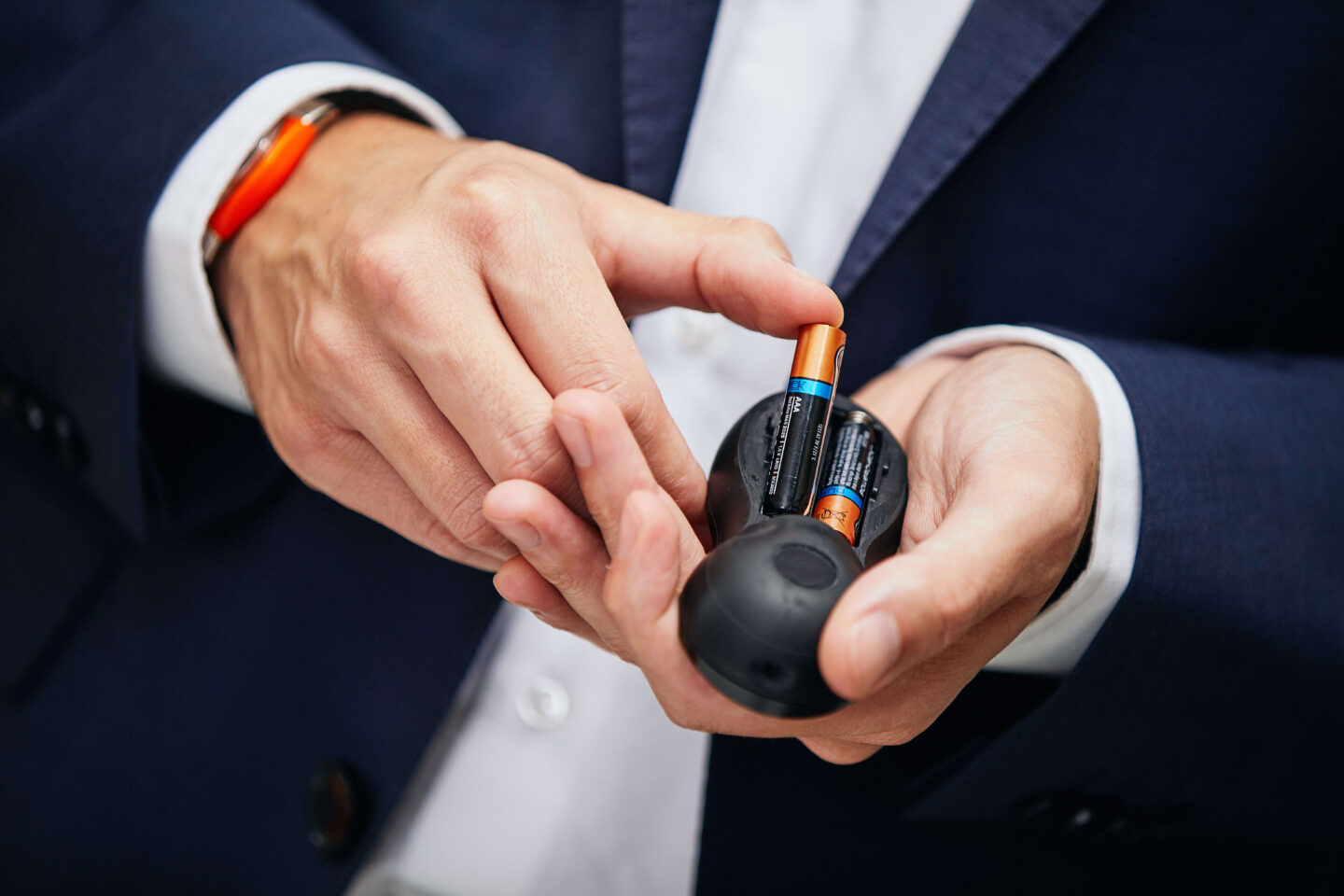Thursday 10th March 2016
Since April 2014, lead has been poisoning the water source in Flint, Michigan. The crisis in Flint has put water contamination at the top of the agenda for many environmental groups. The cause of contamination is toxic levels of lead which can lead to children developing a range of disorders including diminished cognitive function and an increased tendency towards violence. The issue isn’t just confined to the US either, water contamination is a global issue, often affecting the most vulnerable populations in medium and low-income countries who are the most exposed.
The most significant contributor to water contamination by lead is car battery recycling. Anti-pollution group NGO Pure Earth have identified 800 sites in the developing world that have large facilities extracting lead from batteries. These facilities often aren’t built to adequate environmental standards, meaning lead enters the surrounding soil. From here it can enter the water and food supply before being ingested by local populations. In especially poor areas, people may salvage lead from batteries in their own homes as an easy source of income. Stopping the damage from lead recycling isn’t difficult, but it requires a commitment from local authorities. Unlike many other environmental health problems, scientists know how to stop lead poisoning inexpensively. The issue stems from local officials being unwilling to commit the time and money to addressing the problem.

Batteries for Recycling
Improper disposal of batteries by companies around the globe is exacerbating the issue of water contamination. At Paper Round, all the batteries we collect from our customers are taken to Hampshire where they are recycled. The method used differs depending on the material inside the battery, but with each method, the battery’s core materials are recovered and reused.
Paper Round can collect all kinds of batteries including dry-cell rechargeable and non-rechargeable. The easiest way of recycling your batteries is to use one of Paper Round’s battery boxes or tubes.To find out more, head over to: https://www.paper-round.co.uk/service/batteries-toners or get in touch with our helpdesk team on 020 7407 9100.
